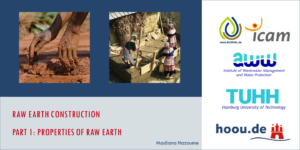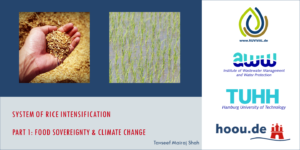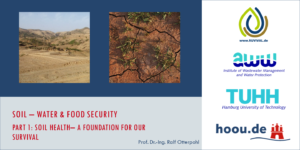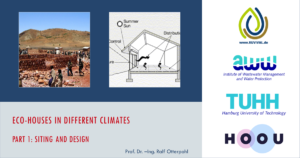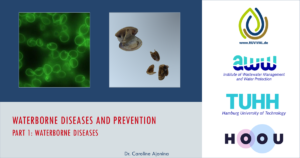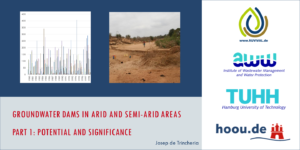This post is also available in: Español (Spanish) Français (French) Deutsch (German) اردو (Urdu)
This section is the virtual classroom of RUVIVAL, where students attend the lectures given by our guest lecturers. During the lectures, students have the opportunity to test their knowledge in short quizzes. Lectures are usually concerned with broader and more interconnected topics and designed to provide you with comprehensive knowledge on various topics related to rural development and reviving the rural.
Raw earth is a natural material which has been used in construction since the ancient times. It is an excellent building material, especially in countries with a hot climate and it has many properties similar to concrete.
The System of Rice Intensification (SRI) is a cultivation strategy which can be an alternative to commonly used water intensive rice production methods. It ensures also better yields and resilience to weather extremes.
Soil, Water & Food Security are highly interlinked. Good soil quality, healthy soil, is one of the most important foundations for food production. Shrinking soil resources, whilst increasing food demands arise are one of the big challenges of the future.
Eco-housing means that each life-cycle step of a building is planned in an environmentally responsible and resource efficient way. There are several aspects that need to be considered for ecological construction.
Waterborne diseases are diseases transmitted by ingestion of food or water contaminated by pathogenic microorganisms found in wastewater. The transmission process occurs through oral faecal contact or during bathing, washing, drinking, and food preparation.
Groundwater Dams can be used as a macro-catchment rainwater harvesting technology in arid and semi-arid areas. There exists mainly two types: Subsurface Dams and Sand Storage Dams.

